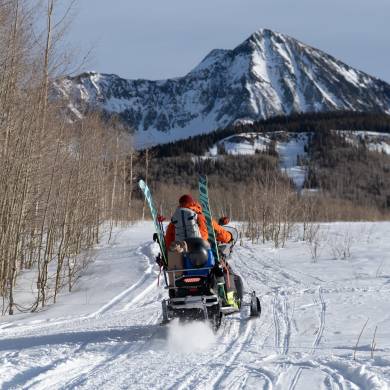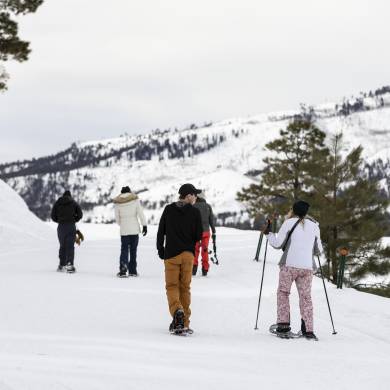Your impact on the ecosystem largely depends on your lifestyle choices. This impact is called your ecological footprint - a term meaning your overall land and resource usage based on your lifestyle, diet, habits, etc.
This month, try to consider ways to reduce your overall impact on the local ecosystem. With just a few adjustments, your actions can have a ripple effect and reduce the overall footprint in Durango.
Here are 10 simple ways to reduce your impact on the local ecosystem:
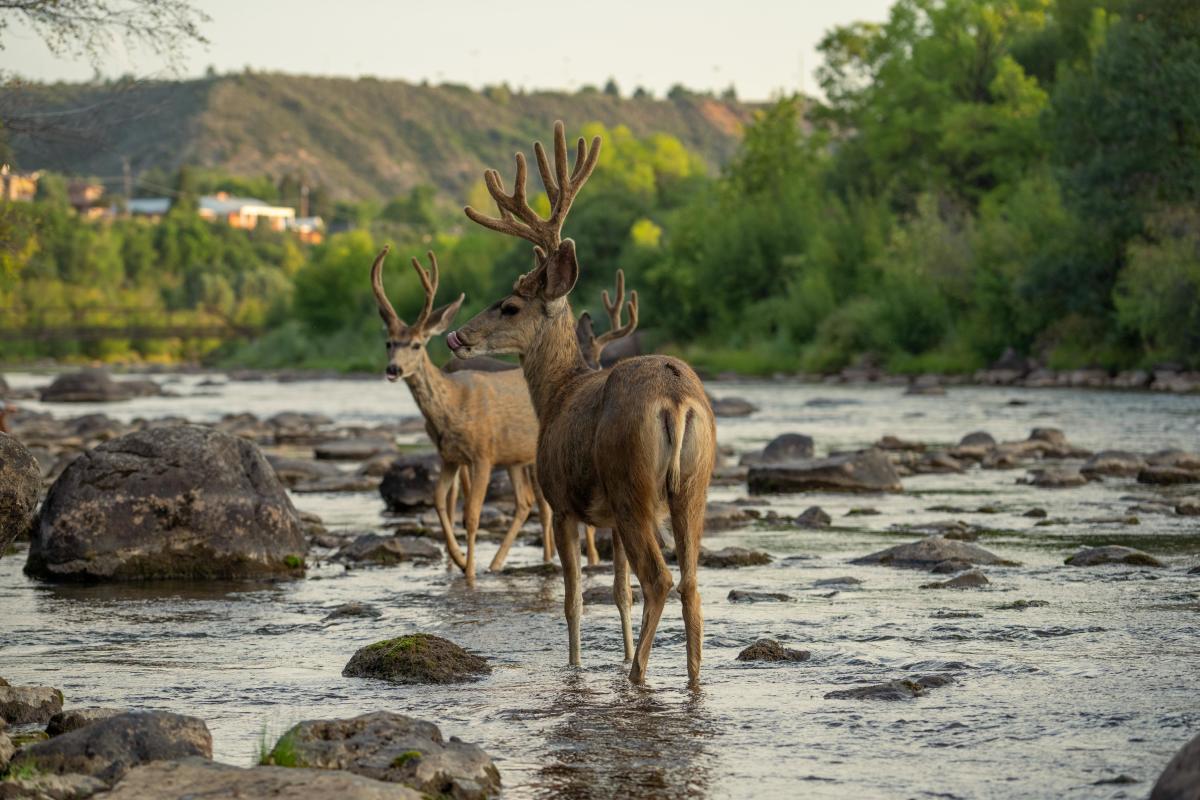
#1 Avoid Single-Use Plastics
It’s so easy to pick up water, soda, or juice bottles at the store for your upcoming road trip. But single-use plastics are the number one culprit when it comes to impacting the ecosystem. Just think of where all those bottles go! Right into landfills or the ocean. Get in the habit of carrying a reusable beverage bottle with you wherever you go.
#2 Eat Vegetarian At Least One Meal Per Day
It takes a lot of natural resources and energy to raise, feed, and process the meat we eat. If everyone simply replaced one meal per day with vegetarian dishes, it would have a positive impact on the ecosystem.
#3 Opt for Walking, Biking, or Using the Trolley Instead of Driving
Have to make a run to the store just down the street? Most of us use our car to do this. But if it’s less than a mile or two away, biking and walking is a great alternative (weather permitting). Likewise, using public transportation is typically convenient and should be used whenever possible.
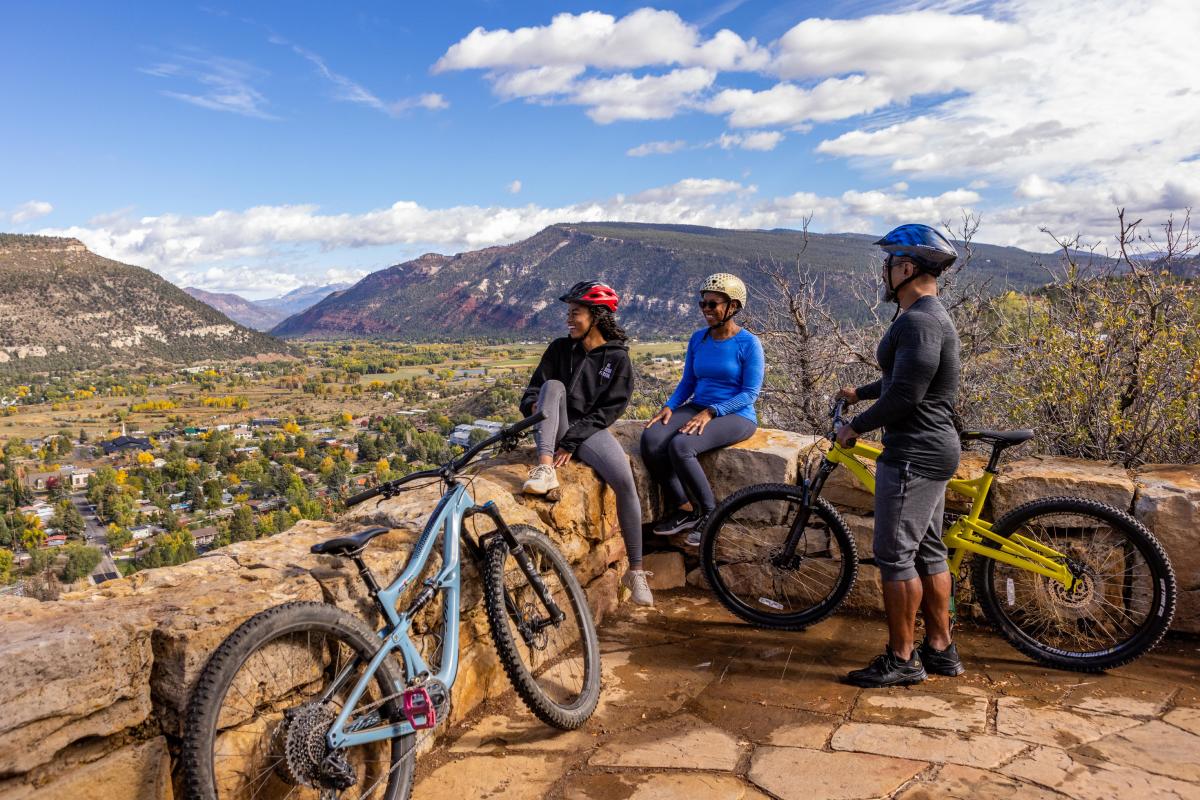
#4 Recycle Responsibly (Including Glass)
Almost every community nowadays has adopted some sort of recycling program. Take advantage of it! With just a few simple adjustments at home, you can easily separate plastics, paper, and glass bins and then leave them out to be picked up, or take them to your local recycling center. Additionally, when you’re out and about, look for and utilize the recycling containers.
#5 Shop and Eat at Local Businesses
You’ve no doubt heard the term “shop local, eat local.” Not only does this make a positive impact on the ecosystem by eliminating transportation costs, it helps the local economy. Another perk is that shopping at local businesses is a great way to connect with the community.
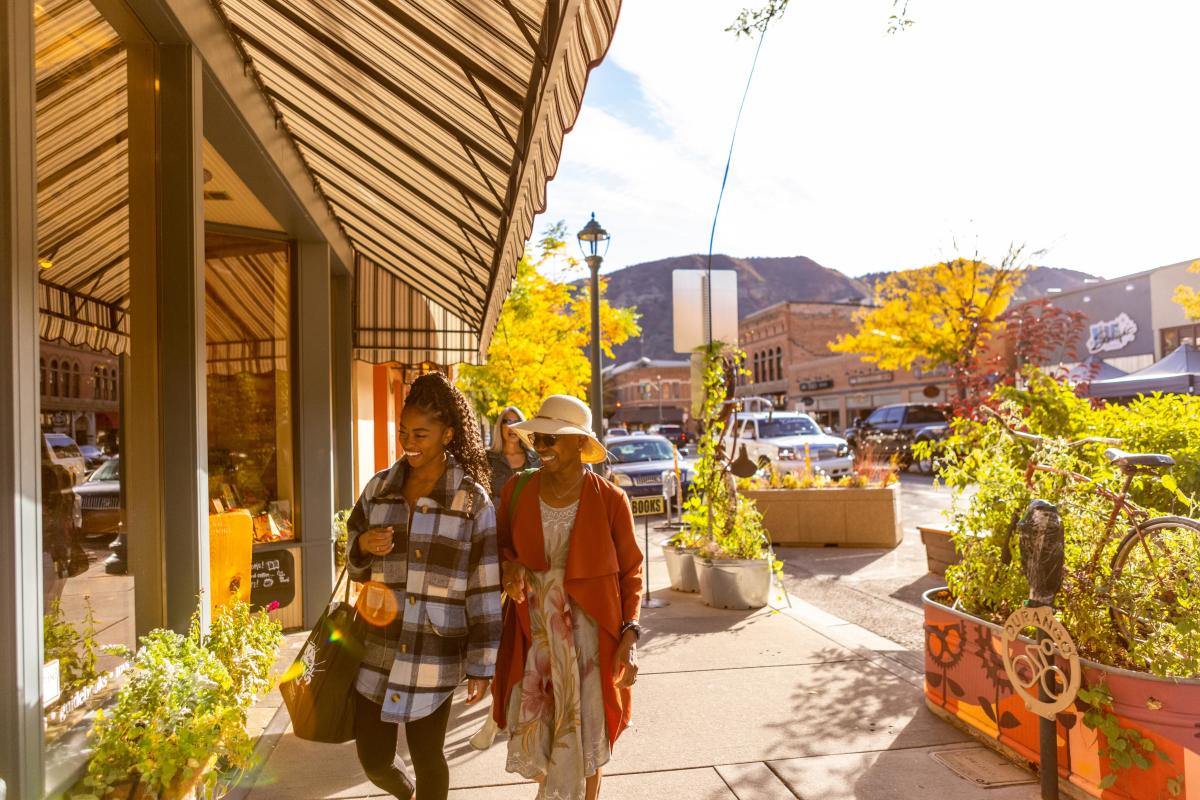
#6 Watch Your Water Usage
Water is the giver of life. That’s why it’s so important to conserve it as much as possible. With average temperatures rising every year and droughts happening at an ever-increasing rate, water usage should be at a minimum. Try to make your morning shower short, don’t run the tap when you’re not directly using it, and only water your lawns when absolutely necessary.
#7 Follow Leave No Trace Principles
When you’re out exploring our glorious public lands and other landscapes, always practice the “leave no trace” principles. Pack out what you pack in, meaning take all garbage with you or put them in the appropriate bins. Stick to all designated trails, follow all signs, and do not deviate from them. This is as much for your protection as it is for the environment!
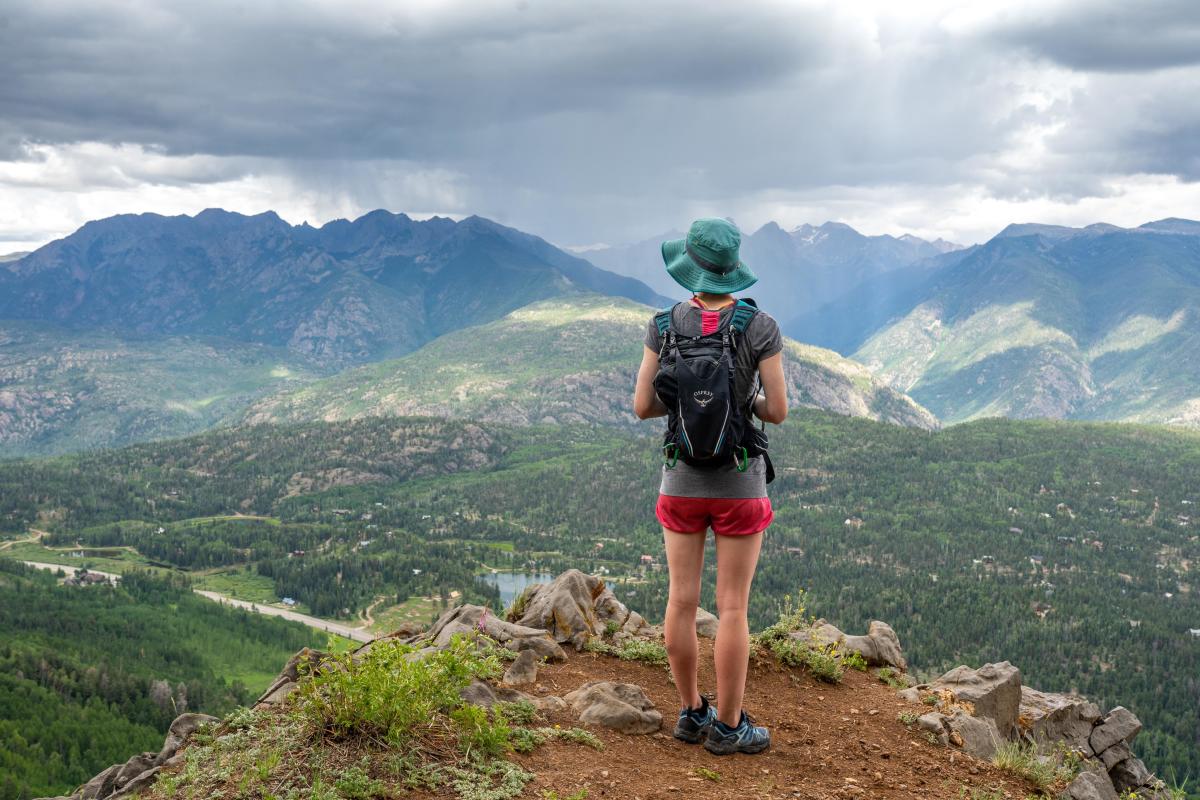
#8 Shop Second-Hand or Consignment
The fast fashion industry, that is, inexpensive garments made with poor materials is a huge contributor to adversely impacting the global ecosystem. You can do your part in curtailing this mass consumption by shopping at second-hand or consignment stores. And some of the second-hand shops nowadays offer some pretty incredible finds!
#9 Recreate Outside on Managed Trails or Parks
The US city, state, and national parks were created by passionate individuals who make it their life’s work to share the beauty of this country with one and all. When you visit managed parks and hike on designated trails, you help to mitigate the adverse impact on the ecosystem by steering clear of the delicate ecosystems of plants and animals.
#10 Donate or Support a Local Environmental Nonprofit
Expanding on point 8 above, instead of throwing out old clothes or other household items, donate them to your local Goodwill or other second-hand store. You can also volunteer at your local environmental non-profit, or make a tax-deductible donation to any number of nonprofits that help the environment.
Conclusion
There are so many ways you can contribute to the betterment of our local and global ecosystem. If all of us did one or more of these actions, just think how much better our overall environment will be for generations to come!
